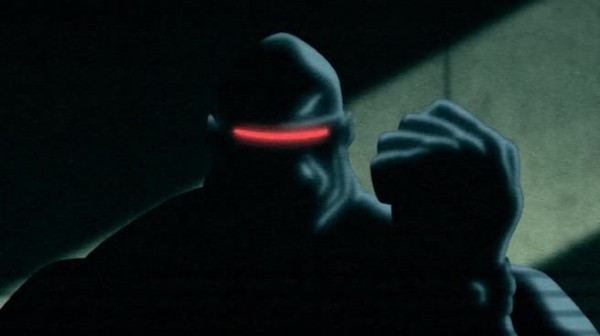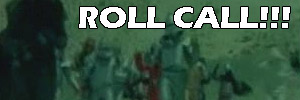Batman: The Dark Knight Returns, Part 1
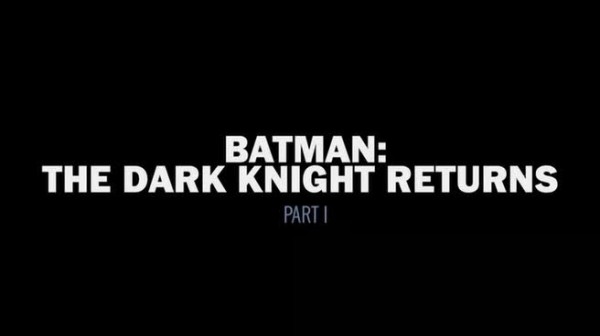
2012![]()
Based on the comic book by Frank Miller and Klaus Janson
Written by Bob Goodman
Characters created by Bob Kane, Bill Finger, Jerry Robinson, and John Sikela
Directed by Jay Oliva
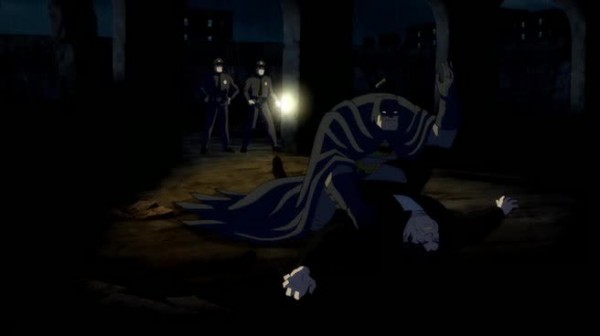
The Dark Knight Returns is one of those comics that literally changed everything. With four issues, Batman was transformed as a character from the 1960s camp into a gritty dark hero that echoed parts of the original tales. It became one of the main influences of the Tim Burton Batman film, which further popularized the darker, more serious Batman that survives to this day in how the character is interpreted. The comic series is considered one of the best comics of all time. Fair warning, we pretty much go over every detail of the movie and comic, so SPOILERS!
With how high of a regard The Dark Knight Returns is held, it is only natural that there would be a cartoon movie adaption of it at some point. It became a thing both anticipated and feared (especially after a brief bit was used in an episode of The New Batman Adventures), and was finally announced as a two-parter DC animated movie. As the DC Animated films are hit or miss, there is always room to worry. Miller’s other work Batman: Year One had been successfully adapted in 2011, sticking closely to the comic (almost too closely), and DKR follows the same pattern, following the original story, even being split into two films to better incorporate it all.
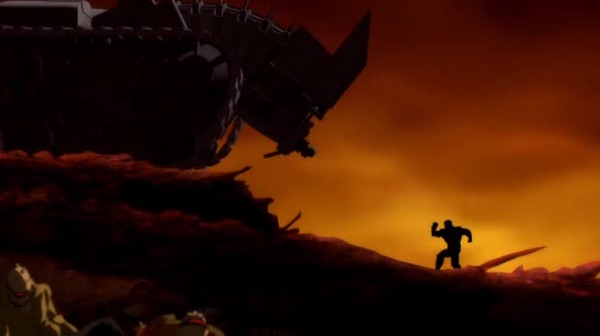
The series is four separate stories that are part of a larger tale, the stories divided into the two films (with bits shoved both ways to make things flow better). This structure works better in comic format, but leaves DKR Part 1 feeling a bit anticlimactic, especially with the teaser that comes much earlier in the comics.
Let’s focus more now on how things are in the comic/movies for The Dark Knight Returns and less on whatever nutty thing Frank Miller has said or published recently. The Dark Knight Returns becomes a snapshot into the values of Frank Miller at the time of publication, and events that happen subsequent to the production of the comic have no bearing on how the comic was created, though they have the same ultimate origins.
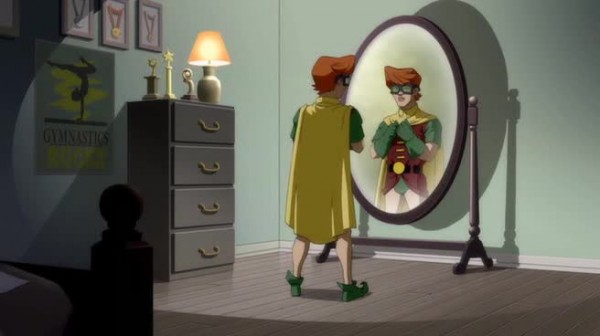
DKR is less of a fascist tale and more of a skewering of those that have power. Organized institutions are represented at weak and buffoonish, and all sides of the political spectrum are skewered via the constant media commentary. The television news framing devices is one of the most brilliant parts of The Dark Knight Returns, actually preceding the 24 hour news cycle, but still capturing the highs and lows of idiotic news programming. The Mayor of Gotham is a endless stream of no actions ever, constantly diverting questions on issues by saying he’s still weighing opinions. He literally only makes one real decision in the entire film, and it proves to be a fatally stupid one. He’s replaced by a mayor just as spineless, but thinner, showing that the new mayor can at least make a decision to skip the extra slice of cake.
